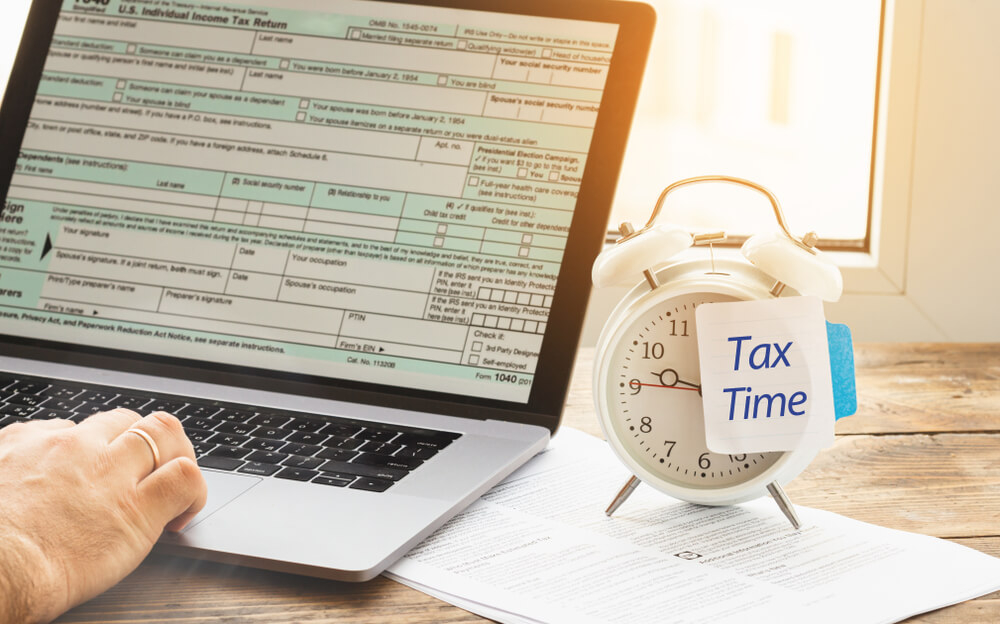20 Numbers, Facts, and Tips Every Self-Employed American Needs To Know The Freelancer Tax
3.1 Million Us Facebook Users List Their Job As Freelance Or Self-Employed.
The Freelancer’s Life Is To Be Envied: Alarm Clock-Free, Commute-Free, Business Attire-Free… Well, Except For One Thing: Taxes.”
Self-Employed People Pay Double Taxes
As a self-employed person, you have to pay both the employer and employee halves of Social Security/Medicare taxes.
Don’t Forget Quarterly Payments
Since taxes aren’t automatically deducted from your paycheck, freelancers and other sell-employed individuals should make quarterly estimated tax payments.
Create A Budget
Create and follow a budget to help you stay on top of variable income, expenses, and tax payments. Carefully following a budget can help you avoid unpleasant surprises come 2020 tax season.
Know A 1099 is required
If you pay a contractor more than $600 in the calendar year, you are often required to issue them a 1099-MISC form.
These are typically due to be sent out to the contractor by January 31 and then have to be filed with the IRS and state. And in most cases, any client who pays you more than $600 in a calendar year should provide you with a 1099 form reporting the income. There are exceptions for certain corporate setups, but make sure you have received all your 1099s before filing your income taxes.
Special Note
If you accept payments via Paypal or other online payment services, you may receive a 1099-K from Paypal reflecting that income.
Carefully Record All Expenses
Business expenses reduce your taxable income, so it’s important that you carefully record every expense.
Know what you Can Deduct
Deductions can often include things you were already spending money on. Here are a few common deductions that may apply to you:
- Office supplies and equipment
- Health insurance premiums
- Travel and meals
- Professional development
- Internet
- Bank fees
- Phone Advertising
- Software costs
- Computers, printers, and other electronics
Protect Yourself from Liability
Once you become self-employed, you are subject to much greater liability than an employee would be. Follow these three steps to protect yourself:
Form an LLC or corporation
Stay compliant by keeping corporate minutes, not co-mingling funds, etc.
Have solid insurance
Don’t Forget “Other” Taxes
Depending on your situation and where you live, you may be liable for additional state and local taxes, such as business registration taxes, environmental taxes, payroll taxes, sales tax remittance, etc.
Investigate Your Legal Entity Options
If your business is a full-time venture and does well, a change of corporate setup can have huge tax benefits.
Common options include:
- Sole Proprietor
- LLC C
- C-Corp
- S-Corp
Bank Balances * Business Profit
It can be a nasty surprise to find out you owe taxes on money you don’t have, but that’s a common scenario for business owners. Loan repayments, personal expenses, estimated tax payments, part of business meal expenses – all of these reduce cash reserves but do not reduce your taxable profit.
Manage Your Books Well
Knowledge is power. You need to have your books up to date at all times during the year with the ability to quickly at least run profit and loss reports. Use accounting software like Quickbooks or hire a qualified bookkeeper to do it. You can also use these accounting tools such as QuickBooks or Drake Hosted Software on a cloud PC from a desktop as a service provider at an unbelievable low cost. You can check here for more tips on tax planning and preparation.
Plan for Retirement
There isn’t an employer sponsored 401k when you’re self-employed. You have to set aside the money yourself and plan more proactively to save for retirement.
Log Your Miles
Driving your car to client meetings or other business engagements is a deductible expense. You can deduct $0.54 for every business mile driven.
$259.20 The amount you can deduct for a 480 mile round trip from New York City to Washington, DC for a business meeting.
Hire A Tax Professional
The tax law in the US is far from simple, and with the added complexity being self-employed brings, it’s almost always best to hire a tax professional to help you.
The IRS tax code is 70,000+ pages
Give Your Kids Extra Spending Cash
You can save money on taxes by hiring your kids to work for your business. It’s a deduction for you, and your kids will pay much lower (or no) income taxes on their earnings. The laws regarding children working at a family business vary state by state, so check yours to see what regulations apply.
